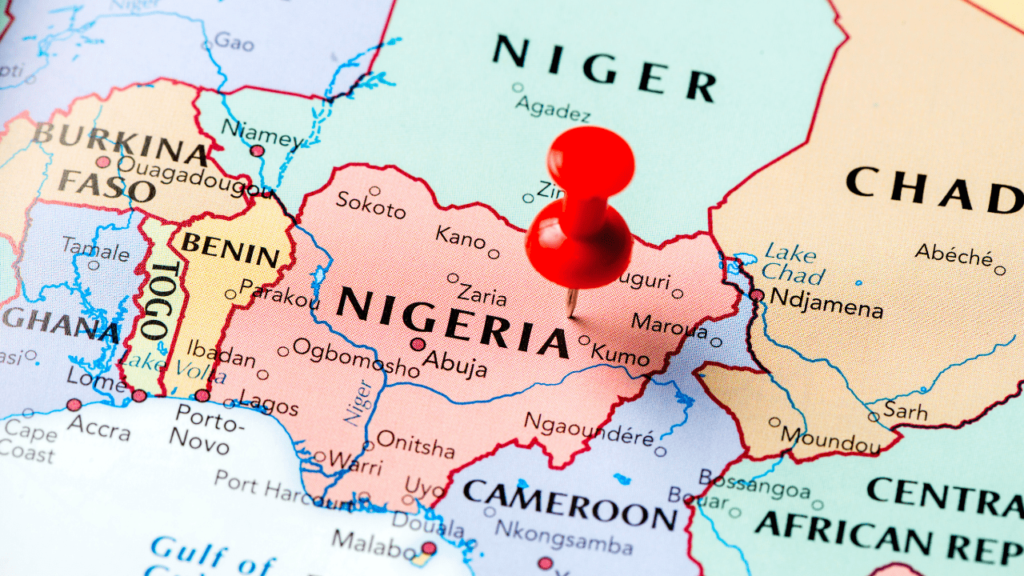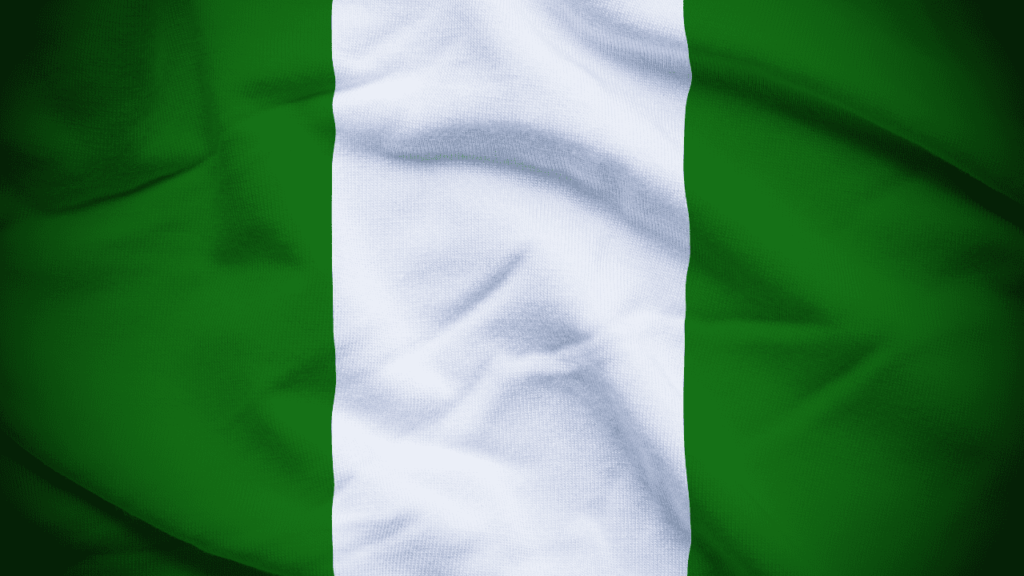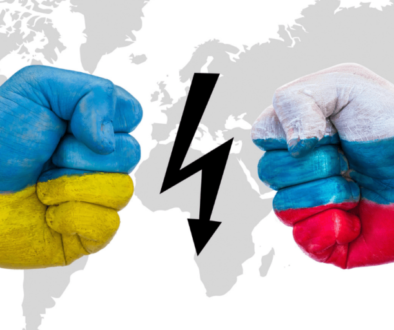Nollywood – African Cinema Industry on the Rise

The world of cinema yields incredible power over the current civilization. The industry is ever-expanding and as we know, dominated by Hollywood. Everyone has heard of this Northern American Mecca of cinema, and we’re also familiar with Bollywood, a colorful phenomenon whose popularity has long surpassed its Indian borders. Yet, there’s another incredibly interesting movie land that has been booming with energy and potential in recent years.

The early beginnings
The Nigerian cinematographic industry, or Nollywood as we know it now, originated in the 1980s, starting with sitcom series such as Basi and Company, written by Ken Saro-Wiva, a future ecology activist. A few years later, Nigeria experienced a difficult political situation under the military dictatorship of the general Sani Abacha, which led to a decreasing number of theater visitors, but in turn, created a growing demand for movies on tapes.
However, it was only years later in 2002, when Nigerian cinema finally made it into the international spotlight. Thanks to a New York Times correspondent, Norimitsu Onishi, who would become the first one to talk about Nollywood – a name that quickly gained popularity with international movie fans. Nowadays, this industry enjoys a solid reputation with a production rate even higher than its American counterpart.

A stable industry
Nollywood grew fast over the years and became crucial for the Nigerian economy. More than 1 million people are connected to Nollywood, making it one of the biggest employment industries in the country. With 1000 up to 1500 movies produced per year, it’s an important source of income for Nigeria, amounting to about $590 million dollars annually.
Nigerian movies are becoming more and more popular, with an audience beyond the African continent, most notably in Latin American countries, such as Surinam. In 2015, Nollywood started cooperation with Netflix, making their movies more easily accessible to international audiences.
Nollywood going global
Nigerian movie production is now more present in international cinema than ever before. One of the examples of this is the actress Otomola Jakade Ekeinde, whose name appeared on The Times’ list of the 100 most influential people of 2013, along with personalities such as Michelle Obama.
The same year, another thrilling event kicked off in Paris, putting Nollywood under the spotlight once again – Nollywood Week. It aims to familiarize Western audiences with the beauty of African culture through cinematography. It’s a unique and extraordinary opportunity to be seized by every movie fan or those looking for an interesting insight into the African continent.
Nollywood movies as a national identity
In 2019, a Nigerian movie called Lionheart was nominated for an Oscar but ended up being disqualified for trespassing the limits of the use of English instead of local languages, which was against the rules of the category. At the same time, this provoked a heated debate about the remnants of colonialism and the country’s identity – a debate that lasts to this day.
And what is your favorite Nollywood movie? Let us know in the comment section below!
Sources:
Stephen Smith, Jean de la Guérivière, 2021, L’Afrique – 2,5 milliards de voisins en 2050, Italy, Tallandier.
Author: Sofia Ontkovičová






